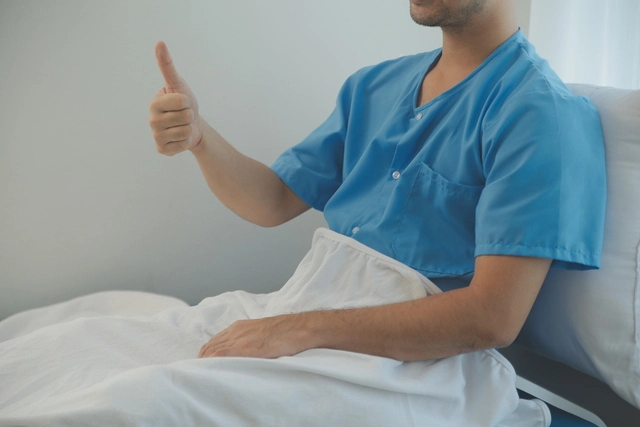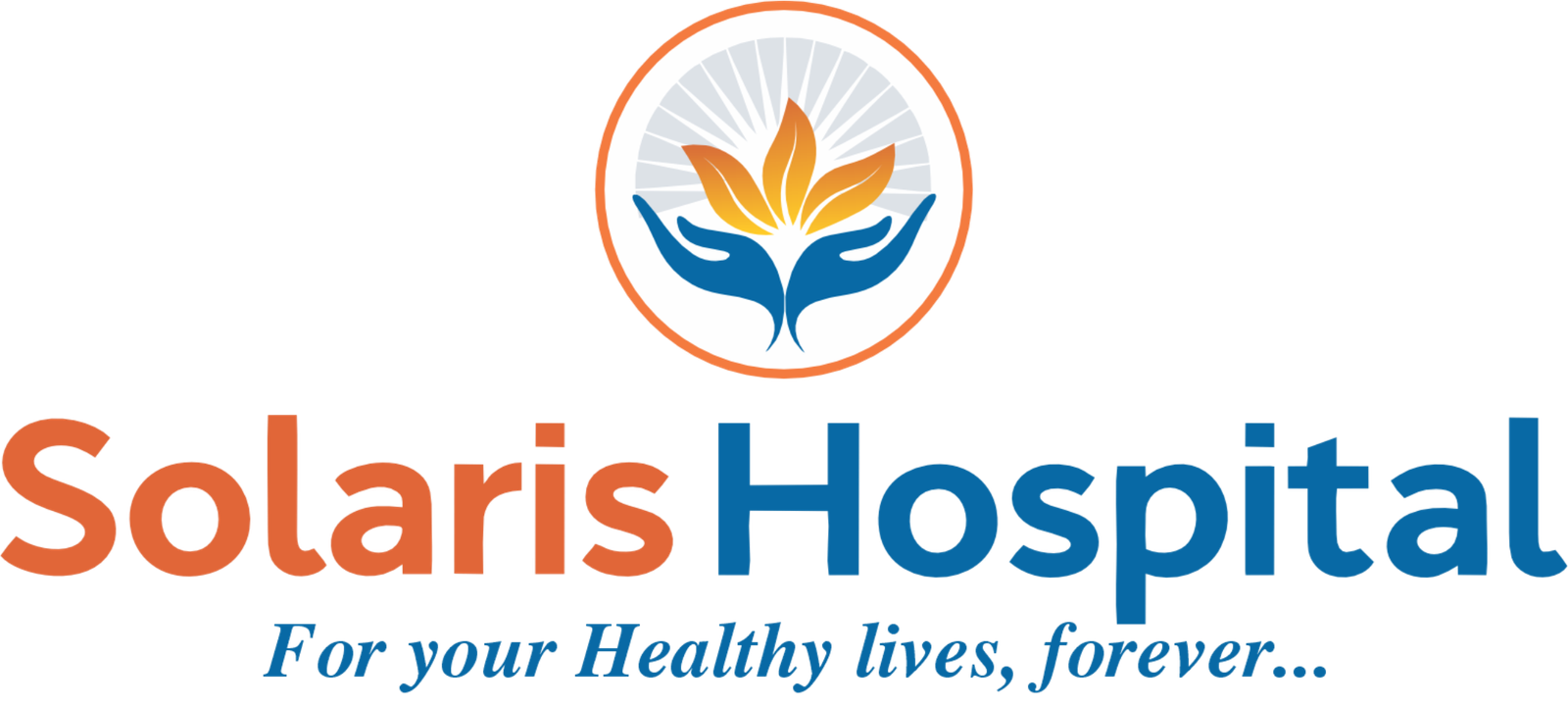Hernia surgery is one of the most common and successful procedures performed today. Whether done through open repair or laparoscopic technique, the goal is to strengthen the abdominal wall and prevent the hernia from recurring.
While the surgery itself is safe, following the right precautions after hernia surgery plays a vital role in ensuring proper healing and avoiding complications.

A hernia occurs when an internal organ or tissue pushes through a weak spot in the surrounding muscle or connective tissue, most commonly in the abdomen or groin.
Surgery involves:
• Returning the protruding tissue to its original place.
• Reinforcing the weakened muscle wall with stitches or a surgical mesh.
Depending on the technique, the surgery may be:
• Open Hernia Repair – a single larger incision.
• Laparoscopic Hernia Repair – several small incisions using a camera and instruments.
The first two days after surgery are critical for healing. During this period, follow your doctor’s instructions closely.
Do:
• Rest as much as possible.
• Keep the surgical site clean and dry.
• Take prescribed antibiotics and painkillers on schedule.
• Start with liquids and soft foods.
• Walk slowly within your room to improve circulation and prevent blood clots.
Avoid:
• Straining during bowel movements or coughing.
• Lifting heavy objects (more than 2–3 kg).
• Driving, smoking, or consuming alcohol.
1. Activity and Movement
• Light walking is encouraged to promote blood flow and reduce stiffness.
• Avoid strenuous exercise, running, or gym workouts.
• Do not lift or push heavy weights, even groceries or water buckets.
• Support your incision with your hand or a small pillow when coughing or sneezing.
2. Wound Care
• Check the incision site daily for redness, swelling, or discharge.
• Change dressings as advised by your doctor.
• Keep the area dry while bathing; use mild soap and clean towels.
• Avoid tight belts or clothing that press against the operated area.
3. Pain Management
• Take pain medicines only as prescribed.
• Use an ice pack (wrapped in a towel) for 10–15 minutes to reduce soreness.
• Avoid over-the-counter painkillers without consulting your surgeon.
| Activity | When You Can Resume | Precautions |
|---|---|---|
| Light Office Work | 7–10 days (laparoscopic) / 2 weeks (open) | Avoid long hours of sitting; take small walks. |
| Driving | After 1–2 weeks | Only when you are off pain medication and can move freely. |
| Exercise / Gym | After 4–6 weeks | Begin with light stretching; avoid abdominal strain. |
| Heavy Lifting | After 6–8 weeks | Confirm with your surgeon before lifting anything heavy. |
| Sexual Activity | After 2–3 weeks | Resume only when comfortable and cleared by your doctor. |
Recovery time may vary depending on your age, type of surgery, and overall health.
After hernia surgery, it’s essential to maintain healthy habits to prevent the hernia from returning.
1. Maintain a Healthy Weight: Excess weight increases pressure on the abdomen and surgical site.
2. Strengthen Core Muscles: After complete healing, practice light core-strengthening exercises recommended by your physiotherapist.
3. Manage Cough and Constipation: Chronic coughing and straining during bowel movements increase abdominal pressure — treat these early.
4. Avoid Smoking: Smoking delays wound healing and increases the risk of complications.
5. Lift Safely: Always bend your knees, not your waist, when lifting objects, and avoid sudden jerks.
6. Regular Follow-ups: Visit your surgeon as advised to monitor healing and ensure there are no complications such as infection or recurrence.
Call your doctor immediately if you notice:
• Severe abdominal pain not relieved by medication
• Redness, pus, or foul smell from the incision
• Fever above 100°F
• Persistent vomiting or bloating
• Difficulty passing urine or stool
• Swelling or a bulge near the operated area
Early medical attention prevents complications and ensures safe recovery.
• Sleep with your head elevated to ease pressure on the abdomen.
• Use loose, breathable clothing to avoid friction at the incision site.
• Take short, frequent walks every day.
• Follow your doctor’s schedule for stitch removal (if applicable).
• Do not skip prescribed medications or follow-up visits.
At Solaris Hospital, our team of experienced general and laparoscopic surgeons ensures safe, advanced, and minimally invasive hernia repairs.
• Our post-operative care program focuses on:
• Rapid recovery through early mobilisation
• Pain management and wound care
• Nutritional guidance
• Personalised physiotherapy sessions for faster healing
We specialise in treating all types of hernias, including inguinal, umbilical, incisional, femoral, and hiatal hernias, using advanced laparoscopic techniques that reduce pain, scarring, and downtime.
Recovering from hernia surgery is usually straightforward if proper precautions and lifestyle modifications are followed. Adequate rest, a balanced diet, gentle movement, and avoiding strain during the first few weeks can make all the difference in ensuring a smooth, complication-free recovery.
Service Road, Ghodbunder Rd, next to AP Shah Institute of Technology, Kasarvadavali, Thane West, Maharashtra 400615
Pioneering Excellence in Neurology and Neurosurgery with Cutting-Edge Technology and Compassionate Care. Solaris Hospital is your one-stop destination for comprehensive with wide range of multi-specialty services.
Service Road, Ghodbunder Rd,
next to AP Shah Institute of
Technology, Kasarvadavali,
Thane (West),
Maharashtra. 400615
Phone:+91 22 4004 4001 / 4004 4003 / 8655696500
E-mail:contact@solarishospitals.com
